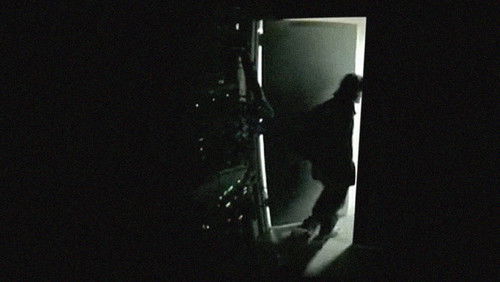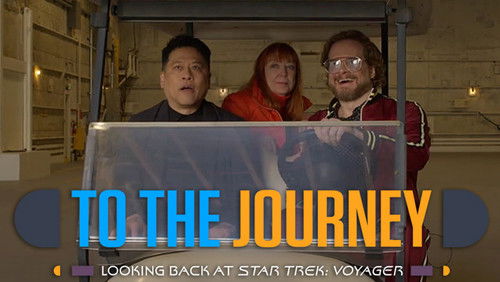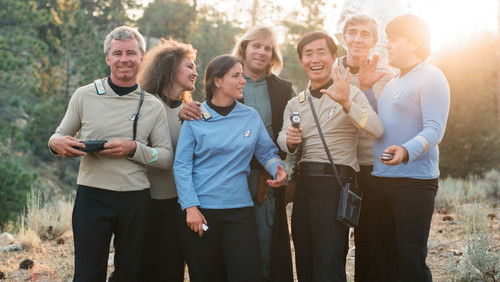Fight for Space (2016)
40KFight for Space (2016). Fight for Space: Directed by Paul J. Hildebrandt. With Story Musgrave, Bill Nye, Michio Kaku, Neil deGrasse Tyson. Experts discuss the past, present and future of U.S. space programs.
“What do the Internet, cell phone cameras, GPS, interstate highways, solar energy, smoke detectors, CAT scans, treadmills, water purification, artificial limbs, scratch-resistant lenses and cordless vacuums have in common? The answer is: space exploration. All of those things either came into being or exist in their current form because of the U.S. Space Program. More than just changing our daily lives, all of those innovations created new markets which expanded our economy. That is one of the major arguments in favor of increased space exploration in the Kickstarter-fueled documentary u0026quot;Fight for Spaceu0026quot; (NR, 1:32).u003cbr/u003eu003cbr/u003eThis doc features interviews with some of the most highly respected figures in the history of the space program (including former astronauts Jim Lovell and Story Musgrave and former NASA flight controller Gene Kranz), scientists (such as astrophysicist Neil deGrasse Tyson, theoretical physicist Michio Kaku and Planetary Society CEO Bill Nye) and exploration advocates (for example, Space X CEO Elon Musk, space journalist Marcia Smith and Rick Tumlinson, co-founder of the Space Frontier Foundation), just to name a few. Through a combination of interviews, rare archive footage, new graphics and an original score, writer/director Paul J. Hildebrandt gives us a brief history of NASA, a critical examination of the decisions and leadership of that organization and the U.S. government in regards to our space program, as well as an assessment of the programu0026#39;s current status and ideas about moving it forward – and why we should.u003cbr/u003eu003cbr/u003eThe film makes a number of compelling points that most Movie Fans may not have considered before or thought much about: The U.S. Space Program was not so much about exploration as it was a u0026quot;crisis programu0026quot; driven by Cold War competition with the Soviet Union and a desire to beat the Russians to the moon. After several trips to the moon in the late 1960s and early 70s, the U.S. just stopped sending astronauts and scientists on voyages of exploration, meaning that no human has been past low earth orbit in well over four decades. The space shuttle program actually represented a curtailment in NASAu0026#39;s original plans to build upon those successful moon landings. Ever since the Apollo program, government officials and NASA officials have been out of sync regarding plans and priorities for the space program and have failed to follow talk with viable programs and meaningful action. Unlike during the Apollo years, todayu0026#39;s average American doesnu0026#39;t know what NASA is doing or why the agency is still relevant. And this is only the beginning. Not only does the film make other interesting points but it eventually strongly suggests how space exploration can move forward in the future, based on lessons of the past.u003cbr/u003eu003cbr/u003eu0026quot;Fight for Spaceu0026quot; is an eye-opening and thought-provoking, but incomplete doc. Although most of the screen time is taken up by experts, Hildebrandt keeps the individual interview clips fairly short, making his points not with long-winded explanations, but with a large number of different voices extolling the same cause. Whatu0026#39;s more, the intervieweesu0026#39; passionate pronouncements draw the viewer in more than talking heads normally would. Unfortunately, the film doesnu0026#39;t include counterpoints to the opinions and assessments that it puts forward and it ignores the impact of NASAu0026#39;s current exploration programs that do not include manned missions. Nevertheless, Hildebrandt and his interview subjects effectively use the medium of film to get their message out there. This film, alongside the 2017 doc u0026quot;Mission Control: The Unsung Heroes of Apollou0026quot; and the 2016 Best Picture Oscar nominee u0026quot;Hidden Figuresu0026quot;, is strong enough to fan the flames of interest in space exploration or at least fuel the conversation. u0026quot;B+u0026quot;”









